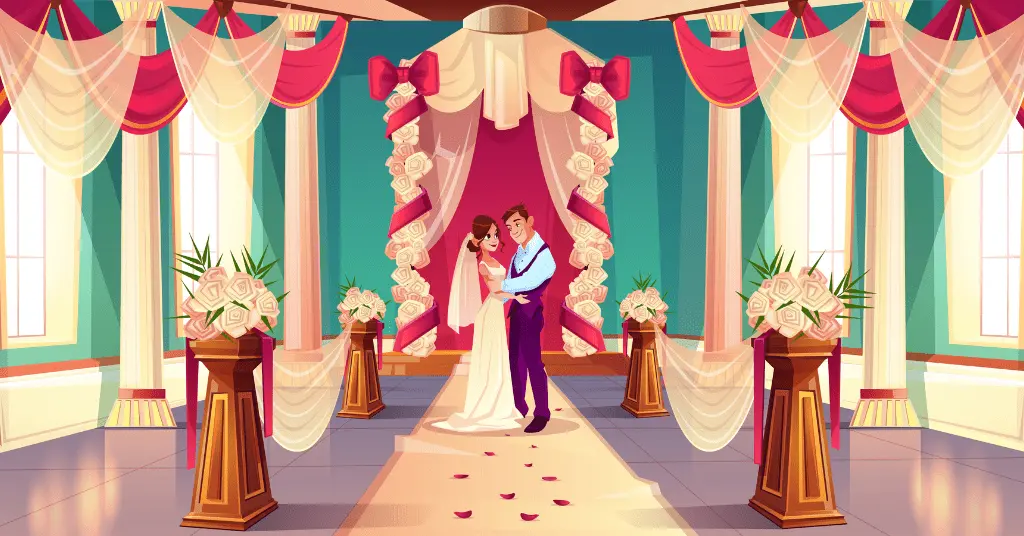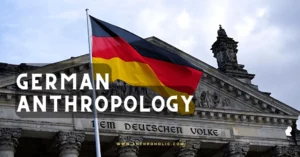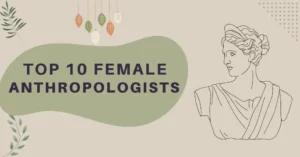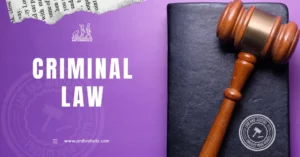AI Answer Evaluation Platform Live Now. Try Free Answer Evaluation Now
Arrange Marriage
Arrange marriage is a union which is intended by the families, usually the parents of a man and woman.

Arrange marriage: Old Age Practice
Marriage is the fundamental institution that binds people together in a community. It establishes the sacred bond of marriage between two individuals and their families on a religious basis. Because, as we all know, “parents know best,” our marital customs and traditions have been observed for ages, and families have embraced the idea of arranged marriages. Although it may sound a little dated, this idea has long been a part of our society. In marriage-related events, people with like views, cultures, and traditions become closer. This social institution serves to knit together not only two responsible adults but also their families.
Since ancient times, most people have had their parents arrange their marriages in order to bring together two families, communities, states, and nations. This custom has grown in prominence ever since it began, and it continues to do so today. Conflict is extremely unlikely in arranged marriages because spouses and families share the same standing, financial stability, cultural identity, and worldview. The only drawback to this is that, for the most part, partners do not know or appreciate one another before getting married.
Sadhguru: The term “arranged marriage” is inaccurate because all weddings are prearranged. The sole problem is with whom? Any arrangement is a contract, regardless of who created it—your parents, your peers, a business website or dating app, you, or someone else.
Anthropological perspective on Arrange Marriage
The prejudice stated above is used to define and describe the arranged marriage. Many descriptions or definitions, such as “parent-orchestrated alliances” or “marriages instigated by the family” or “arranged by family members or respected members of the religious or ethnic community,” merely show who chooses the spouse. Other interpretations offer a skewed, Eurocentric view of the arranged union. These meanings emphasise the “individualising tendencies.”
The three main categories of planned marriages are traditional, hybrid, and loosely arranged contemporary. Through empirical research, they are frequently studied independently in diaspora communities, transnational communities, as well as communities and cultures all over the world that are globalising and in transition, providing a rich, complex, and varied analysis of arranged marriage practises (Tahir, 2021).
The perfect marriage is an arranged union, according to theory. The ideal type places a focus on the characteristics of arranged marriages, which are presented as “a unified analytical construct” and are present in all actual, individual arranged marriages. Since the ideal type is conceptually pure, it “cannot be found empirically anywhere in reality.” It’s a paradise. But it’s an essential instrument for bringing an accurate, unbiased understanding of the arranged marriage to light. Additionally, it can be used as a “measuring rod” to evaluate the truth of social disparities or the current reforms to the arranged marriage system.
A fascinating contemporary adaptation of arranged marriages has arisen to help people living in different countries find a compatible partner from their native culture with the help of paid marriage brokers and online dating services. It can be difficult to find a spouse who shares your cultural values as multinational corporations spread across the world and people become more and more mobile (or even nomadic) for employment. Despite the fact that there are matchmakers for many different cultural groups, there are matchmakers for individuals who are of Indian descent or nationality. Even though not all of these websites are reputable, the proliferation of marriage brokerage firms serves as a reflection that marriage is first and foremost a societal institution.
Kinship functions as an adaptive mechanism in all cultures. While kinship systems vary, they all deal with significant problems for a social group. Through kinship networks, families of orientation and procreation, and other mechanisms, households are established, children are produced, and allies are formed.
Types of Arrange Marriage
1. Arrange exogamous unions: these are the uniions where the bride and groom are picked by a third party regardless of their social, economic, and cultural backgrounds.
2. Arranged endogamous marriage: The bride and husband are chosen by an outside party from a specified social, economic, and cultural group.
3. Consanguineous marriage is a planned endogamous union. It’s the kind of union in which the bride and husband have a common grandparent or ancestor. First cousin weddings, uncle-niece marriages, second cousin marriages, and so on are a few examples of these.
Categorisation of Arrange Marriage
1. Forced arranged marriage where parents or caretakers make the choice; the prospective spouses are not consulted or given a voice prior to the wedding. Emperor Pedro I of Brazil wed Amélie of Leuchtenberg in the Imperial Chapel in 1829, three years after the death of his first spouse Maria Leopoldina of Austria.
2. Parents or guardians decide, followed by consultation with the individuals, who weigh the options and agree with the option to decline; on occasion, the individuals meet (in a public or private setting) before becoming engaged and getting married, as in the shidduch custom among Orthodox Jews).
3. Individuals make the decision, parents or guardians are consulted, they weigh in and offer their approval, and they have the power of veto.
4. In an autonomous marriage, the prospective spouses make all the decisions; neither the prospective spouses’ parents nor legal caretakers are involved.
Advantages of Arrange Marriage
- Higher level of parents participation
- Assurance of social status
- Cultural similarities
- Family connections are strengthened
- Religious fit
- Similar values
- Rational decision rather than an emotional one.
- Support from parents is given to the couple after marriage.
Disadvantages of Arrange Marriage
- Excessive financial burden on parents to keep up their prestige.
- Dowry systems
- Adjustment issues between the couples as they are not familiar with each other’s attitude and temperament.
Conclusion
In the contemporary globalised world, the arrange marriage settings have been changed; matrimonial sites overtook the market where trading of bride and groom occurs. It is highly impossible to get the correct idea regarding the families which leads to many cases.
Because partners and families in arranged marriages have the same status, financial security, cultural identity, and views, there is a very low chance of conflict. The major drawback to this is that, for the most part, before getting married, partners do not know or respect one another. Love, as is often said, develops over time. Arranged weddings are carried out pragmatically, taking into account all facets of life in order to create a union that is strong, useful, and devoted.
References
- GUPTA, G. R. (1976). Love, Arranged Marriage, and the Indian Social Structure. Journal of Comparative Family Studies, 7(1), 75–85. http://www.jstor.org/stable/41600938 . Accessed on 29 March 2023.
- Hasty, J., Lewis, D. G., & Snipes, M. M. (2022). Forming Family Through Kinship. In Introduction to Anthropology. Houstan, Texas: OpenStax. Accessed on 29 March 2023.
- Naema N Tahir, Understanding Arranged Marriage: An Unbiased Analysis of a Traditional Marital Institution, International Journal of Law, Policy and the Family, Volume 35, Issue 1, 2021, ebab005, https://doi.org/10.1093/lawfam/ebab005 . Accessed on 29 March 2023.
- Robert Parkin (2021) Arranged marriages: Whose choice and why? Reflections on the principles underlying spouse selection worldwide*, History and Anthropology, 32:2, 271-287, DOI: 10.1080/02757206.2021.1905255 . Accessed on 29 March 2023.
- https://isha.sadhguru.org/us/en/wisdom/article/arranged-marriage . Accessed on 29 March 2023.
- https://www.macmillandictionary.com/dictionary/british/arranged-marriage . Accessed on 29 March 2023.
- https://publishing.cdlib.org/ucpressebooks/view?docId=kt9z09q84w&chunk.id=fm03&toc.depth=1&toc.id=fm03&brand=ucpress . Accessed on 29 March 2023.
- https://anthrosource.onlinelibrary.wiley.com/doi/abs/10.1111/aman.13656 . Accessed on 29 March 2023.




